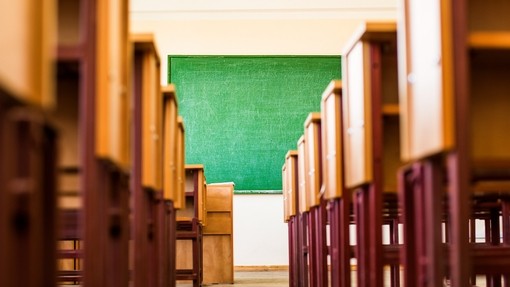The School Admissions Appeal Code – What is new and what are the implications

The School Admissions Appeal Code – What is new and what are the implications
The Department for Education (‘DfE’) has released an updated version of the School Admissions Appeal Code (the ‘Code’). The new version of the Code comes into force on 1 October 2022 and will apply to all admissions appeals that are started on or after that date. The updated Code replaces the previous version which has been in force since February 2012.
Given the length of time that the previous version of the Code has been in force, it is not surprising that it is now being updated. In fact, such an update has long been awaited. What is surprising is that the update makes relatively few changes. This suggests that the DfE is relatively satisfied by how the Code has been operating in practice since February 2012.
What are the key changes?
During the pandemic, the DfE introduced temporary regulations to amend the previous guidance and allow admissions appeals to be carried out remotely. It had been expected that these temporary regulations would expire on 30 September 2022, and hearings would once again need to take place in person. The update to the Code instead incorporates permanent provisions to allow admissions appeals to be heard remotely, in person, or in a hybrid format. Furthermore, hearings are now permitted to take place by telephone where video conferencing cannot be used.
When considering whether an appeal is suitable to be held remotely, the admission authority must be satisfied that the appeal is capable of being held fairly and transparently. They must also ensure that all parties can present their cases fully and each have access to the facilities required to engage in the hearing at all times. The guidance also makes clear that in running a remote hearing, steps should be taken to ensure that no party is alone with the panel in the absence of the other party.
The approach to Fair Access Protocols has also been amended. The Code now widens the requirement for each local authority to have a Fair Access Protocol for admissions outside the normal admissions round to include those children who are having difficulty securing a school place in-year. A further obligation placed upon the local authority requires them to ensure that no school is required to take a disproportionate number of children who have been permanently excluded from other schools or who are placed by the Fair Access Protocol.
In the case of a community or voluntary controlled school, the guidance now states that where a local authority takes a decision that a twice excluded child is to be admitted to that school, where the child is a looked after child, the school can appeal directly to the Schools Adjudicator.
The guidance has also updated some of the terminology used to ensure that modern principles apply. This means that it is now clear that complaints about the conduct of appeal panels should be brought to the attention of the Education and Skills Funding Agency instead of the Young People’s Learning Agency. Reference to a statement of Special Educational Needs has now been replaced with reference to an Education, Health and Care plan.
What are the implications of the changes?
We have received a number of enquiries from clients asking for clarification regarding the effect of the temporary regulations coming to an end. The main concern has related to the difficulty of hosting in-person appeals when panel members are increasingly busy. The updated Code helps to relieve these concerns, finally providing permanent flexibility as to how an appeal can be heard. We hope that these amendments indicate that the DfE may look to increase the scope for remote hearings to continue in other circumstances, such as for the consideration of suspensions and permanent exclusions. Unfortunately, this has not featured in the new statutory guidance for exclusion applicable from September 2022.
The obligation upon the local authority to ensure that schools should not be required to take a disproportionate number of children excluded from other schools should ease concerns about schools being overburdened with challenging children. We think that this is a useful step forward in forcing a local authority to give closer consideration when placing children in this way.
Whilst the changes that have been introduced are few, they help to modernise the Code to reflect the circumstances in which admission appeals now take place. We are experienced in supporting schools through the admissions appeals process and in training panel members. If you require any further support on these issues, please do not hesitate to get in contact with us.






